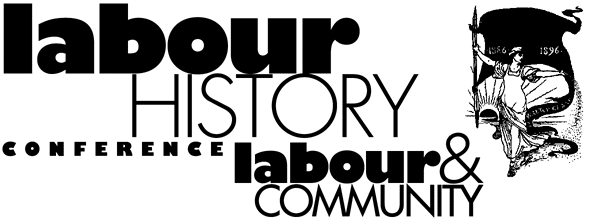Start Date
2-10-1999 4:30 PM
End Date
2-10-1999 5:00 PM
Description
Globalisation and economic rationalism have come to be associated with a wholesale attack on vital government services, jobs and working conditions, and there is a debate inside the Australian labour movement over what to do. Most of those opposed to the effects of globalisation see the nation state as the only defence working people have against the power of market forces, and appeal to the Labor Party to shift back towards its traditional orientation to protectionism and state-directed economic development. However there has long been another, albeit minority, current on the left which rejects both protectionism and free trade as bourgeois economic strategies benefiting, not the working class, but rival groups of Australian capitalists: in the words ofMick Considine, once the MHR for Barrier (NSW), "It is over the surplus value that is wrung from the working class in the place where they are exploited that the importers and the manufacturers quarrel." 1 It was with this in mind that last year I looked into some of the early debates within the Labor Party on free trade and protectionism and the process by which Labor moved towards protectionism as part of my History Honours thesis on "The decline offree trade in Australian politics, 1901-1909''.2
Labor's Tortured Path to Protectionism
Globalisation and economic rationalism have come to be associated with a wholesale attack on vital government services, jobs and working conditions, and there is a debate inside the Australian labour movement over what to do. Most of those opposed to the effects of globalisation see the nation state as the only defence working people have against the power of market forces, and appeal to the Labor Party to shift back towards its traditional orientation to protectionism and state-directed economic development. However there has long been another, albeit minority, current on the left which rejects both protectionism and free trade as bourgeois economic strategies benefiting, not the working class, but rival groups of Australian capitalists: in the words ofMick Considine, once the MHR for Barrier (NSW), "It is over the surplus value that is wrung from the working class in the place where they are exploited that the importers and the manufacturers quarrel." 1 It was with this in mind that last year I looked into some of the early debates within the Labor Party on free trade and protectionism and the process by which Labor moved towards protectionism as part of my History Honours thesis on "The decline offree trade in Australian politics, 1901-1909''.2


